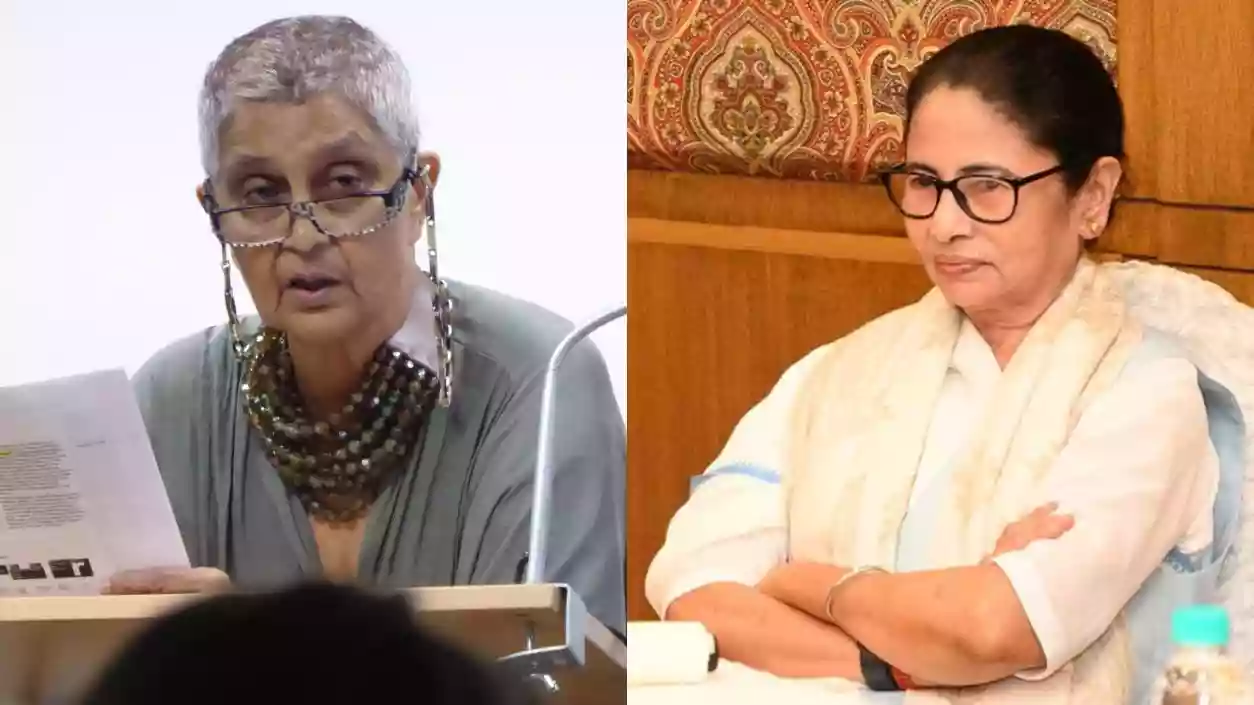.gif)
.gif)

Indian scholar, literary theorist, and feminist critic Gayatri Chakravorty Spivak has been awarded the 2025 Holberg Prize, a prestigious international award recognizing outstanding contributions in the humanities, social sciences, law, and theology. The Norwegian government’s Holberg Committee announced her selection, citing her extensive influence in postcolonial studies, critical theory, and feminist criticism. The award is considered one of the highest honors in the field.
Spivak, born in 1942, is a University Professor at Columbia University and a founding member of the Institute for Comparative Literature and Society. She is globally recognized for her essay "Can the Subaltern Speak?", which critiques the representation of marginalized voices in postcolonial discourse. Her translation of Jacques Derrida’s De la grammatologie and extensive work on Mahasweta Devi’s writings have further established her as a major figure in literary studies.
West Bengal Chief Minister Mamata Banerjee congratulated Spivak on receiving the Holberg Prize, calling it the attainment of the "highest honor" and expressing pride in her contributions. Banerjee acknowledged Spivak’s academic impact and emphasized her "long and sustained association with pro-poor voluntary services in some remote villages of West Bengal." She also highlighted Spivak’s efforts in translating Bengali classics into English, calling the initiative an inspiration.
Spivak has received multiple international recognitions, including the 2012 Kyoto Prize in Arts and Philosophy for her work against intellectual colonialism. In 2013, she was honored with the Padma Bhushan, India’s third-highest civilian award. Her work spans postcolonial theory, feminism, education, and translation, shaping global academic discussions on power, language, and representation.
The Holberg Prize, established in 2003, is awarded annually by the Norwegian government and includes a monetary reward of NOK 6 million (approximately USD 570,000). Spivak joins an elite list of past recipients, reinforcing her status as a leading intellectual in contemporary critical thought.